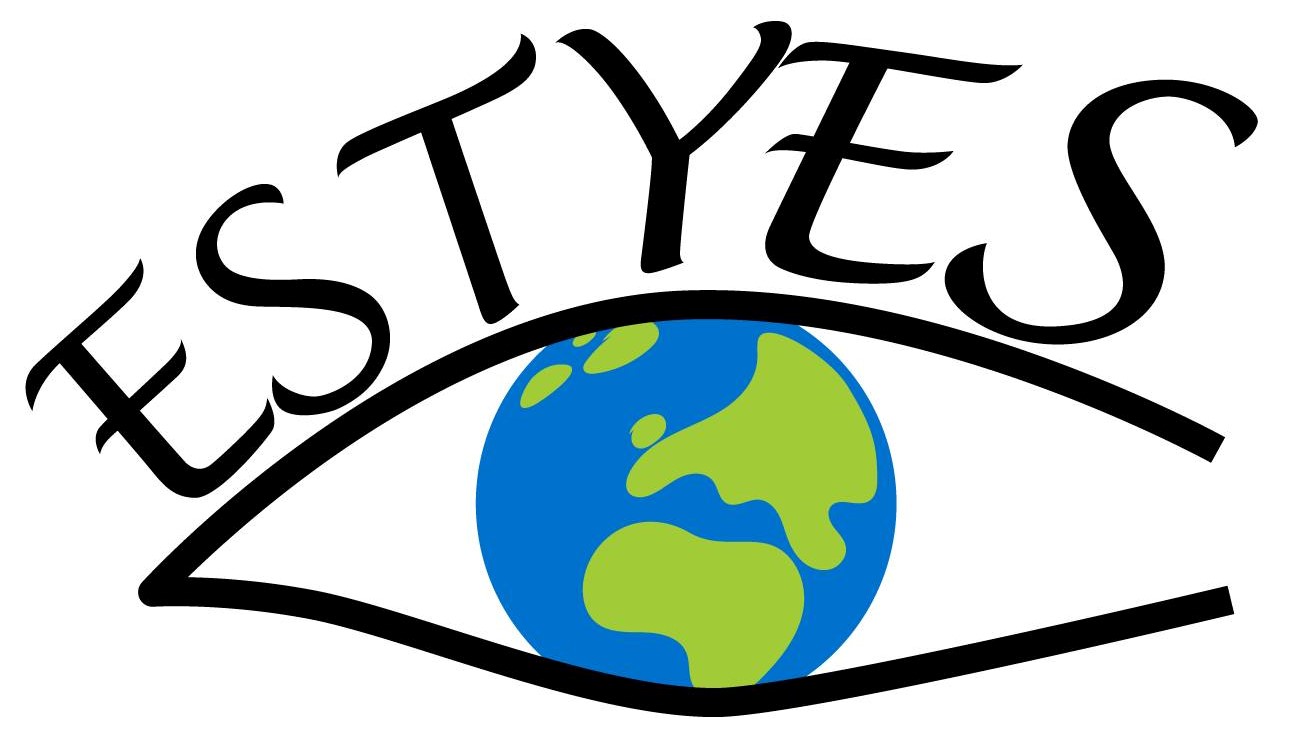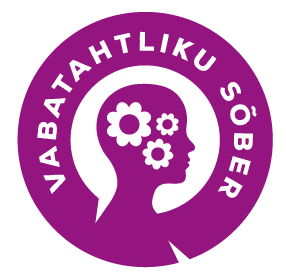About
In an increasingly connected, intercultural and sexualized society, young people as well as adults find every kind of information on the internet. The sexual behaviour of young people has evolved with the new resources made available to them. In addition to being a place of information, the internet has become a place of exchange, flirtation, and a new space of freedom that young people have taken over, but it can also lead to abuses: photo/video exchanges, cyber harassment, revenge porn, threats, blackmail, etc.
Even though medias have an open discourse about sexuality, it often implies many stereotypes, discrimination, and fixed gender/ sexual roles. The health aspect is also revealing despite strong prevention campaigns, it can be emphasised that the number of contaminations with STDs and certain STIs is constantly increasing throughout Europe. However, sex education and gender education remain taboo in many societies.
Moreover, after several decades of steady progress, Europe is facing a new wave of opposition to equal gender and sexual rights, claims gathered under the term “theory” or “ideology” of gender. This opposition manifests itself on various issues, such as the opening of marriage to same-sex couples, abortion, reproductive technologies, sex education, anti-discrimination legislation or the rights of trans people.
At the same time, the 4th wave of feminism emerged. Where previous waves bring voting rights, political representation, access to education, social rights and giving voice to women, the 4th wave focuses on the fight against sexism in everyday life, social representations, the culture of rape and sexual harassment. Formal education tends to be based solely on an anatomical/biological approach to sex education and gender, while non-formal education focuses on prevention around health risks or around harassment issues.
What is our place as youth workers in non-formal education? What tools are at our disposal to address these important issues with young people? Professionals working with youth are sometimes lost in all the notions and the variety of tools to be able to talk with young people. There are not a lot of places where youth workers can be trained and reflect upon the subject to be able to propose young people an inclusive and open vision of sexual and gender education. We want to equip youth workers to be able to address sex education in their project and explore the link between gender stereotypes and what this implies about sexuality.
Objectives
We wish more specifically to:
● develop knowledge on the concepts linked to gender and sexuality and their history
● develop participants ability to reflect and position themselves on the topics as youth workers
● create educational tools and a toolkit about gender and sexuality useful in the participants’ professional life
● exchange good practices of each participant on the different topics of the project
● encourage a network of european peers working in sexual and gender education and actor’s synergy in future projects
Description
Training 1
During the seven days of training, participants will first have time for analysis (which will have been prepared in upstream by sending recommended readings from the trainers) in order to fully understand the theme, then a reflection phase with work in small groups before moving on to the experimentation phase in order to implement what has been learned, invent new tools and create a toolbox. We will alternate theoretical moments with text studies and more playful moments where the use of tools and educational games will make it possible to personalize the reflection.
Training 2
The second training will deepen the knowledge of the participants on the thematic of sexual and affective education, with theoretical inputs and knowledge exchanges. Participants will be introduced to the Human Library tool and will put it in practice at a gender movie festival, that will take place on the last days of the training. All the program will be based on the expectations collected upstream of the participants and will be adapted to the everyday feedback during the training.
Participants
We are looking for professional youth workers interested in the topics of gender and sexual education. It is important to have participants who will use the learnings of this training in their professional life and who will be able to bring their experience in the training. The profile can be social workers, teachers, psychologists, health professionals, trainers, youth leaders, who are leading projects related to gender and sexual education, etc.
We encourage the participation of different profiles, experiences and needs. We also would like participants to be able to participate in the two trainings.



